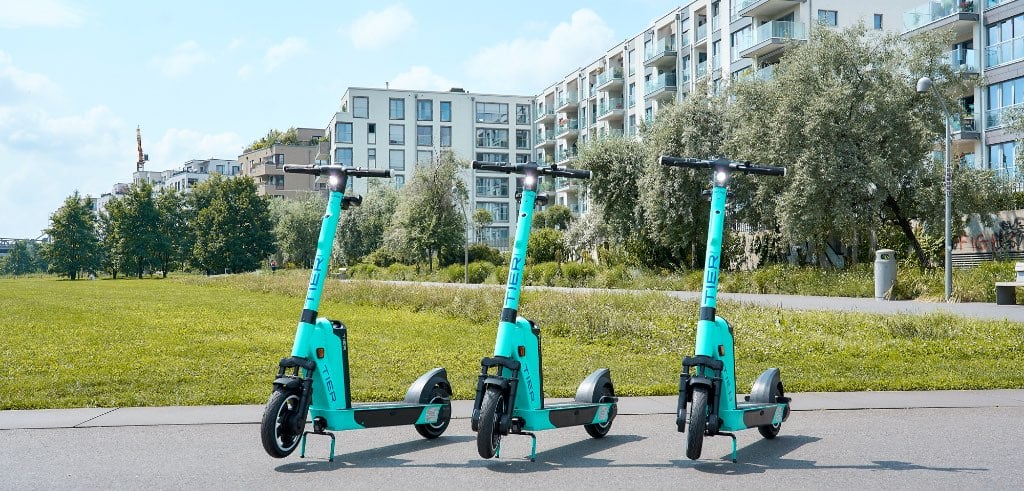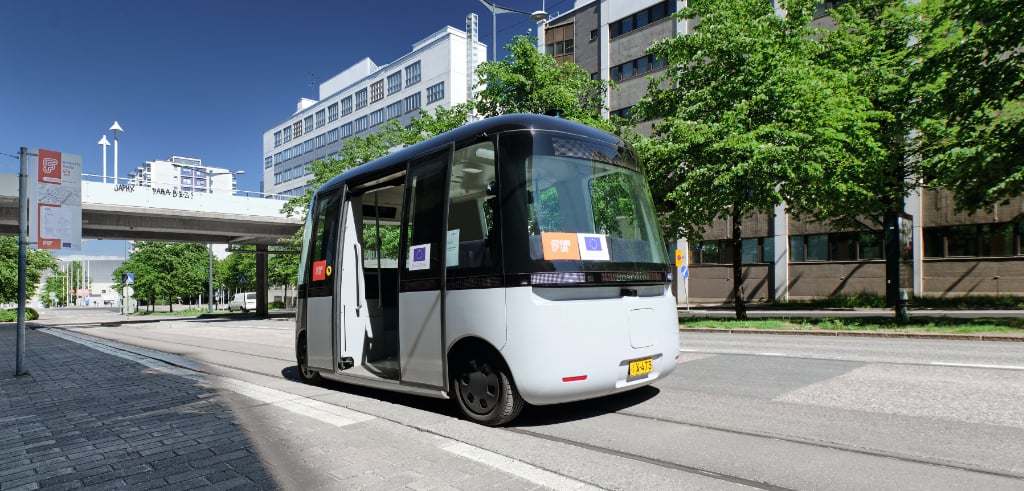
Energy storage is the new oil
Humankind is in the middle of a major energy transition. When we discovered fossil fuels, such as coal, it changed our lives forever, allowing production and travel at a scale never seen before. Over time, we learned that despite the many advantages, our use of fossil fuels is slowly turning our planet into an uninhabitable oven.
Luckily, we already know how to generate vast amounts of energy without emissions using solar power and other renewables. We just haven’t been able to deliver that energy at the right place and the right time. The new wave of battery startups is finally changing this, and rapidly.
The massive need for new energy storage solutions comes in several main forms. The most recognized one is electric vehicles (EV). EVs produce fewer emissions and cost less to drive and maintain, as electric engines are more efficient (70% instead of 30% energy efficiency) and have fewer expensive parts that break in use. Electrified cars are also able to re-capture motion energy that would otherwise be lost during braking. To capture brake energy, the car doesn’t even have to be fully electric, it just needs a re-capture and re-use system – including a heavy-duty battery.
For EVs, it’s not enough to merely carry a lot of energy in the car. The vehicles will also need to recharge rapidly to not pepper long drives with overly long breaks. This creates a lot of pressure for the grid and local energy storage at the charging points. Unlike car batteries, local storage doesn’t need to be mobile, but it needs to be able to store vast amounts of energy at a low cost and last long in heavy-duty use, all while causing as few emissions as possible.
As luck would have it, there are multiple Finnish startups tackling all the above challenges. Each focuses on one or a few areas, such as local or mobile storage or battery lifetime optimizations. They’re the result of the hard work of their founders and staff, but also national factors such as raw materials, local industrial ecosystem and demand, and continuous investments as well as training of new experts into the field by the government.











